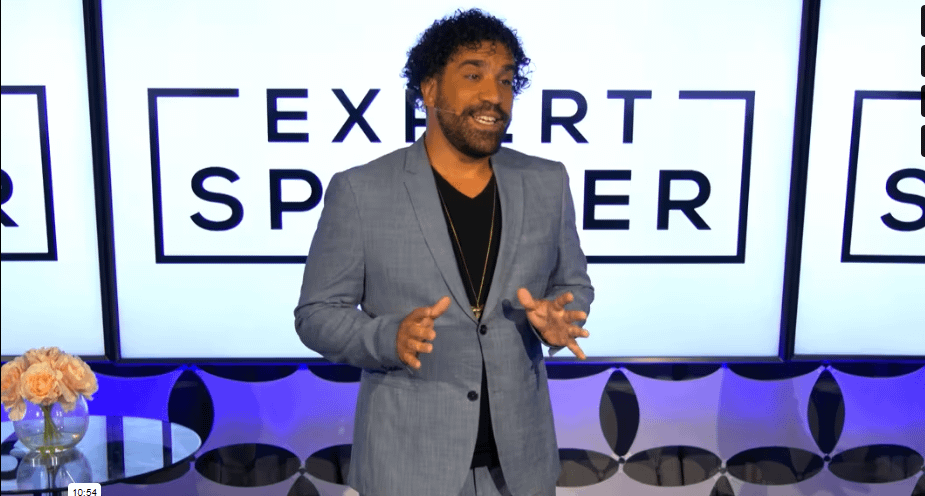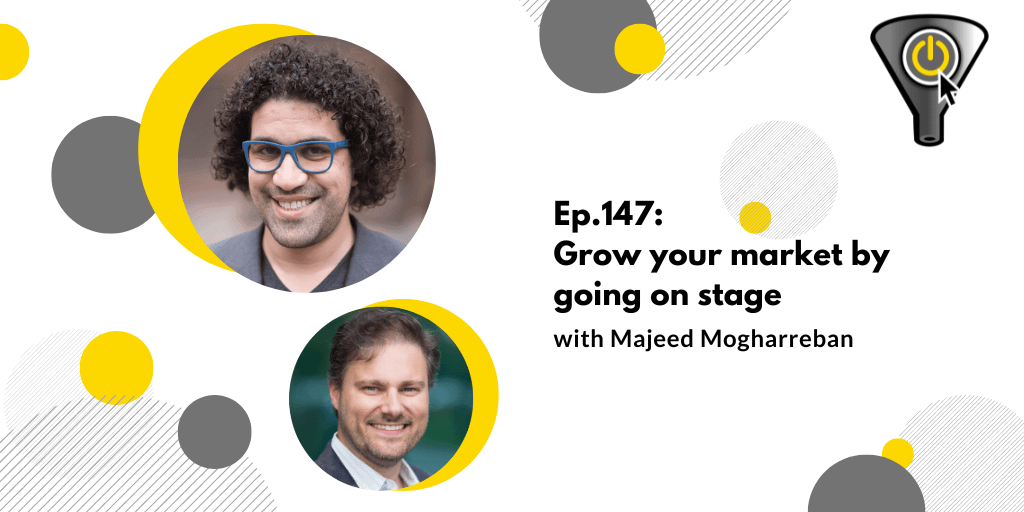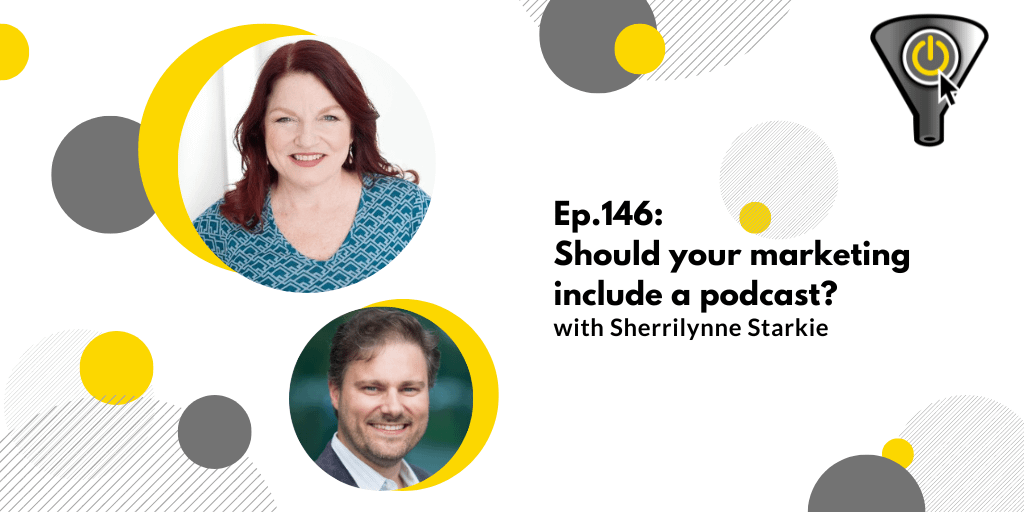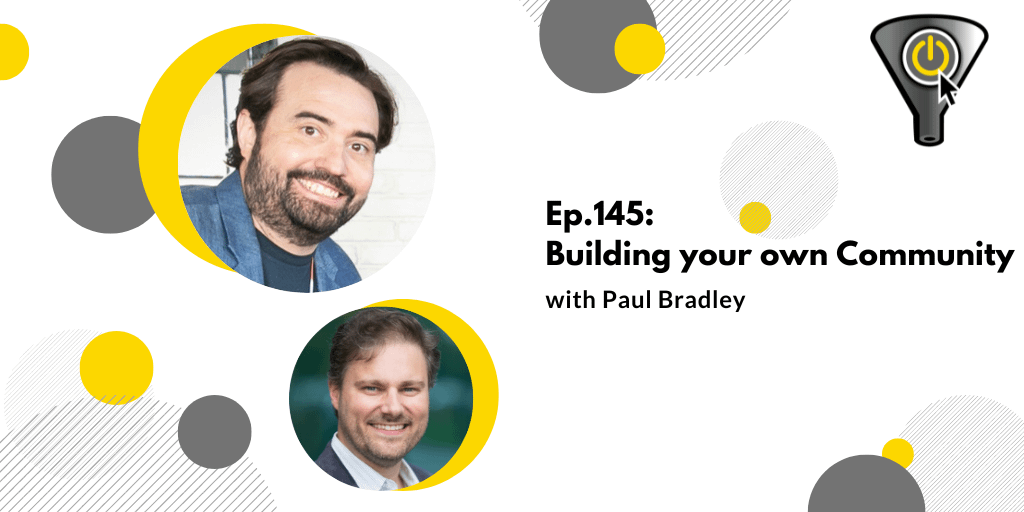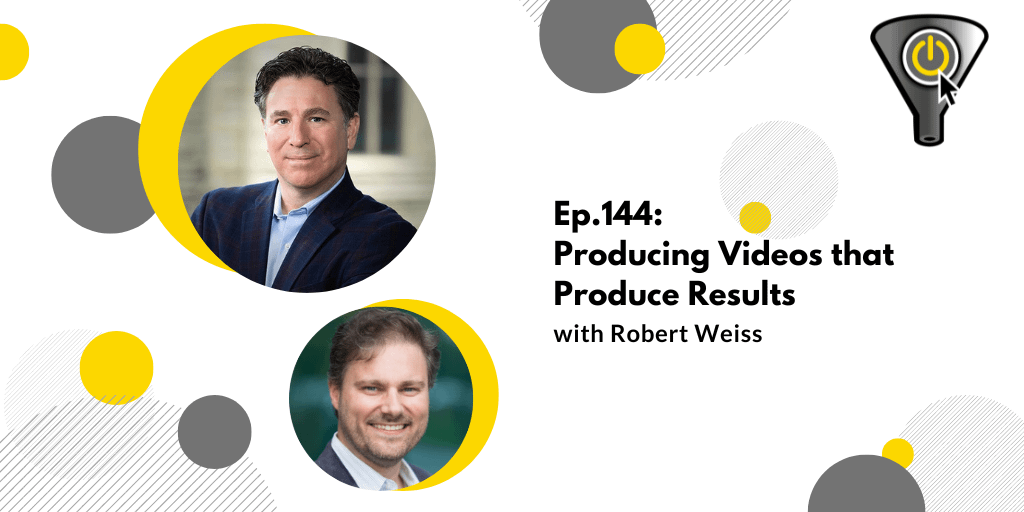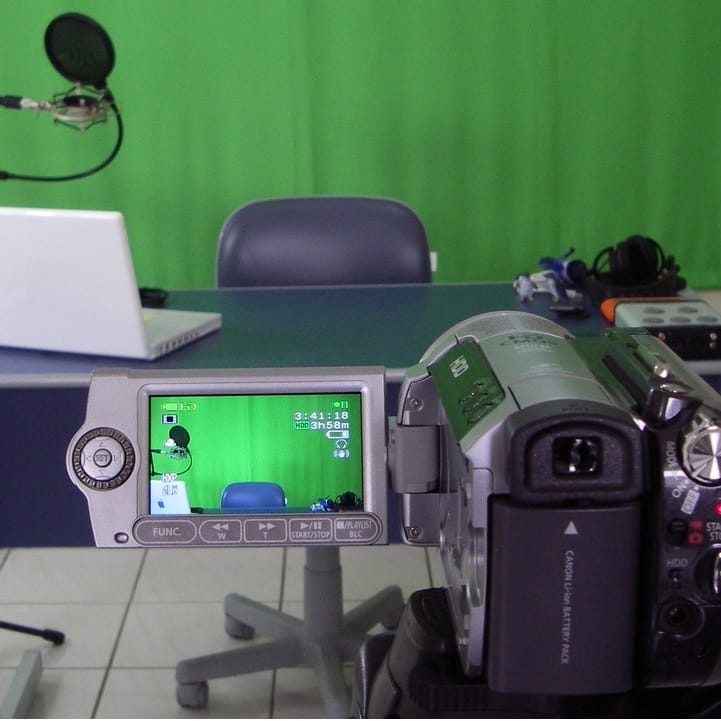Small-to-mid-sized businesses make up half of the economy. When surveys are done on why one company is chosen over another, buyers most-commonly cite the people as the main factor why they buy from them.
It’s great that the founders or select team members are known by those buyers. But what about those who don’t know them? How can they get a wider circle to know about their expertise and how excellent they are at what they do?
The vehicle that my guest believes does this better than anything else is public speaking.
Majeed Mogharreban is a professional speaker, world traveler, and founder of ExpertSpeaker.com. Holding professional speaking status for 10 years, Majeed has worked with the United Nations, Fairtrade, celebrities, politicians, Olympic medal winners, CEOs, and top entrepreneurs to give speeches and tell stories that change the world.
He is the author of the international best-seller “Expert Speaker: 5 Steps To Grow Your Business With Public Speaking”
He is the highest-rated trainer in the world at Learning Tree International. Majeed resides in Quebec, Canada.
People/Products/Concepts Mentioned in Show
Majeed on LinkedIn
Majeed on Twitter
Majeed on Instagram
Majeed is on TikTok
Episode Reboot.
Get the free Expert Speaker Book or get time on his calendar
